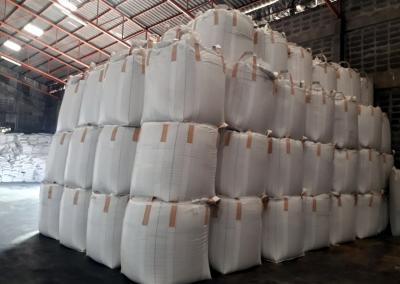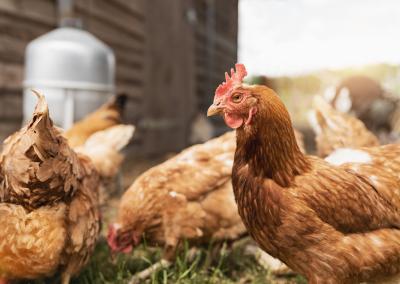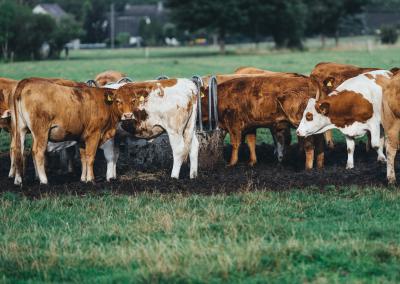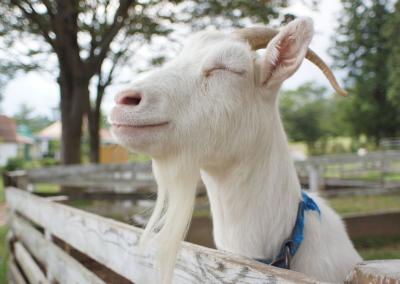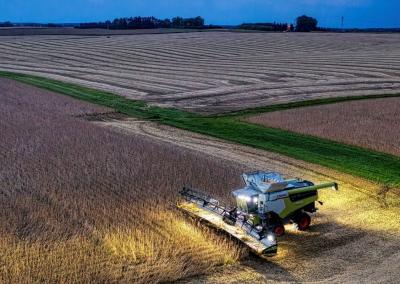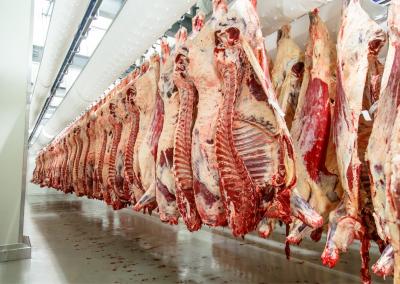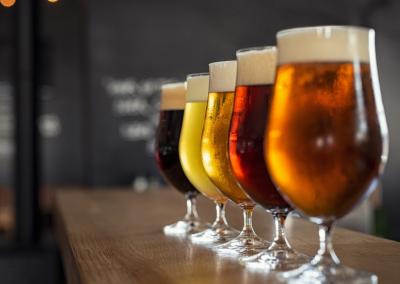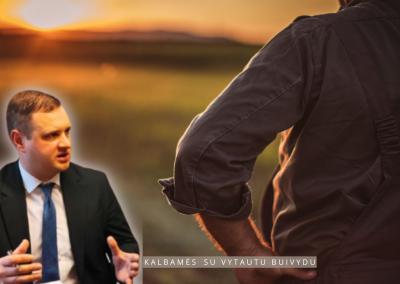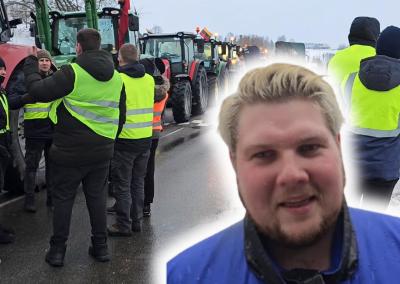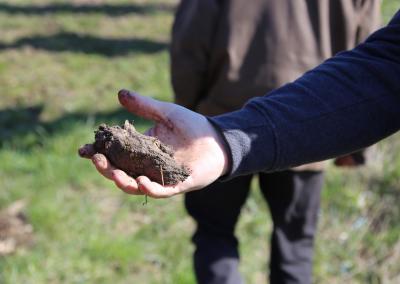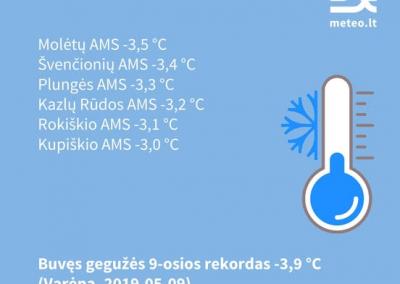The (in)generational change in the agricultural sector. Who is to blame
About a week ago, Ramūnas Karbauskis, the owner of „Agrokoncerno“, while presenting his one of the largest and most modern cow farm complex in Europe, said on his Facebook account that „the younger generation of farmers is not impressed by this rather difficult area of the agricultural sector, and that livestock farming is rapidly growing not only in Lithuania, but also in the whole world“. Young farmer Ignas Saldys responded by suggesting that it is not a lack of enthusiasm that is stopping young farmers from entering the sector, but rather the lack of access to larger areas of land. Are the big guys really stopping young farmers?
Land is...?
Reacting to the young farmer's words, Mr Karbauskis stressed that according to the data of the Lithuanian Statistics Department, there is indeed land that could be used for agriculture.
„In 2023, the area of uncultivated land in the country amounted to about 320 thousand hectares. This corresponds to around 13% of the total agricultural area. Fallow land includes abandoned fields, meadows, pastures and other areas that are not actively used for agricultural activities. These data show that there is significant potential for agricultural development in Lithuania," said the head of „Agrokoncerno“.
Eimantas Eigirdas, a young farmer, also doubts that large farms would grow at the expense of small ones. He believes that everyone expands and grows according to their capabilities.
„There must be enough room under the sun for everyone“, – Renata Vilimienė, head of the Lithuanian Association of Medium Dairy Farms, echoes the farmer and adds that young farmers are somehow „getting the hang of the land“.
...or not?
„All is well in this matter. But when the 500 ha limit is not in force in Lithuania, the chances of getting a new one are very low. Young people are counting and watching. How many chances does someone who owns only 20 hectares have to get new land and someone who owns thousands of hectares," Buivydas asked rhetorically.
Another important nuance pointed out by the Vice-Chairman of the Chamber of Agriculture is loans. Banks are not willing to give loans easily to young farmers. So sometimes, when the opportunity to buy land arises, it is simply not possible to get a loan.
Buivydas is also critical of subsidies. On the one hand, they can help, but on the other hand – investment grants have too many strings attached, and if certain criteria are not met, the money can be withdrawn.
Youth Counts
The Vice-President of the Chamber of Agriculture is convinced that young people trying to enter agriculture are well prepared. Unfortunately, they may be wary of their chances of getting a foothold, given the rise of large farms.
„You get the impression that you are entering a monopoly with little room for growth,“ says Buivydas. This, he says, is one of the main reasons why Lithuania „is not producing farmers“ and farming professions are becoming less popular.
Vice President Vilimienė echoes his sentiments. She argues that today's young people work differently, are brave enough to take on challenges and innovations, but they are also good at calculations. Therefore, young people can see what pays and what does not. Perhaps that is why a little more young farmers are choosing to grow cereals.
„If your face is young – it's a hundred percent a grain farmer, and if your face is tired and you're still dozing off during the meeting, it's a milk farmer. And you don't even have to ask. I really don't see any young dairy farmers," R. Vilimienė described the situation in the Kupiškis district.
Eimantas Eigirdas, a young farmer, confirms that the dairy sector is not attractive among young people. Participating with the Lithuanian Dairy Association in the European Dairy Council, where 21 organisations from 18 countries participate, he sees the same problem in other countries.
„Young people don't want to enter dairy farming. There should be a generational change across Europe, but unfortunately it is only in the cereals sector," Eigirdas testifies.
Business & not farming
„I hear it said that there is a lack of young farmers, but in fact everything is being done to make sure that they do not exist“ &ndashas says Buivydas, adding that it is not only about land, but also about attitudes towards young farmers in general.
„Lithuania needs businesses, it needs big companies, it needs their products, but these businesses should not be built with European money. EU investments are meant to reduce exclusion“, – the President of the Chamber of Agriculture of the Republic of Lithuania continues his thoughts. According to him, there is a lack of differentiated aid in Lithuania.
Eigirdas also misses it. „Under the current funding conditions, it is not easy for medium-sized farms to get bigger, and if milk production in Lithuania were to grow, it would be beneficial for the country“, – the young farmer is convinced.
„It's all good as long as it's all good, but I'm always in favour of a healthy balance – small, medium, large farms. But not everybody has to milk that European cow – business is business and business should sustain itself“, – concludes V. Buivydas.

